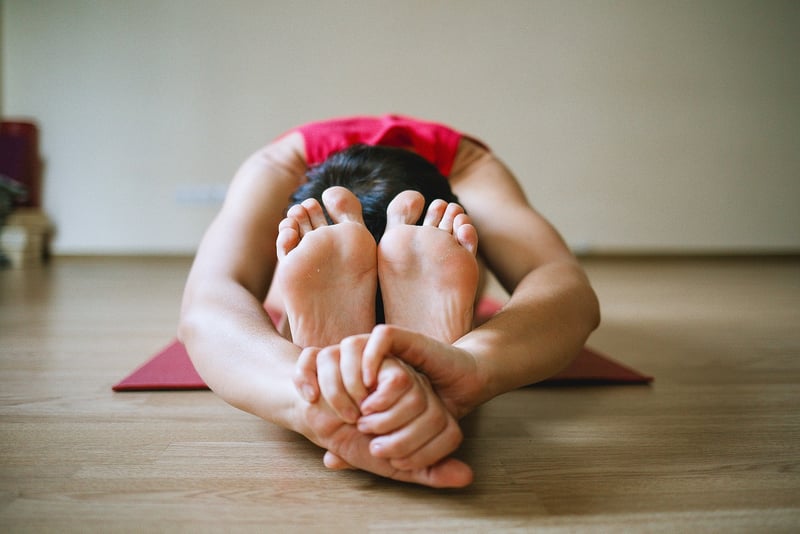Restorative
The Importance of Physical and Mental Balance for Restorative Health

Restorative health encompasses both physical and mental well-being, emphasizing the need for balance in both aspects of our lives. Achieving a harmonious state of physical and mental balance is crucial for overall well-being and vitality.
Physical Balance
Physical balance involves maintaining a healthy lifestyle through proper nutrition, regular exercise, and sufficient rest. Engaging in physical activities that promote strength, flexibility, and cardiovascular health can improve overall physical well-being. Yoga, tai chi, and Pilates are excellent practices that not only enhance physical balance but also promote relaxation and reduce stress.

Mental Balance
Mental balance is equally important for restorative health. It involves managing stress, practicing mindfulness, and fostering positive relationships. Mindfulness meditation, deep breathing exercises, and journaling are effective tools to enhance mental balance and promote emotional well-being.
Benefits of Achieving Balance
- Improved focus and concentration
- Reduced risk of chronic diseases
- Enhanced mood and emotional resilience
- Better quality of sleep
- Increased overall energy levels
Restorative Practices
Integrating restorative practices into your daily routine can help you achieve physical and mental balance. Consider incorporating activities such as:
- Yoga and meditation
- Nature walks or outdoor exercises
- Healthy meal planning and mindful eating
- Quality sleep and relaxation techniques

By prioritizing physical and mental balance and integrating restorative practices into your lifestyle, you can enhance your overall well-being and experience a greater sense of vitality and harmony.
Remember, the key to restorative health lies in finding the right balance between caring for your body and nurturing your mind.
